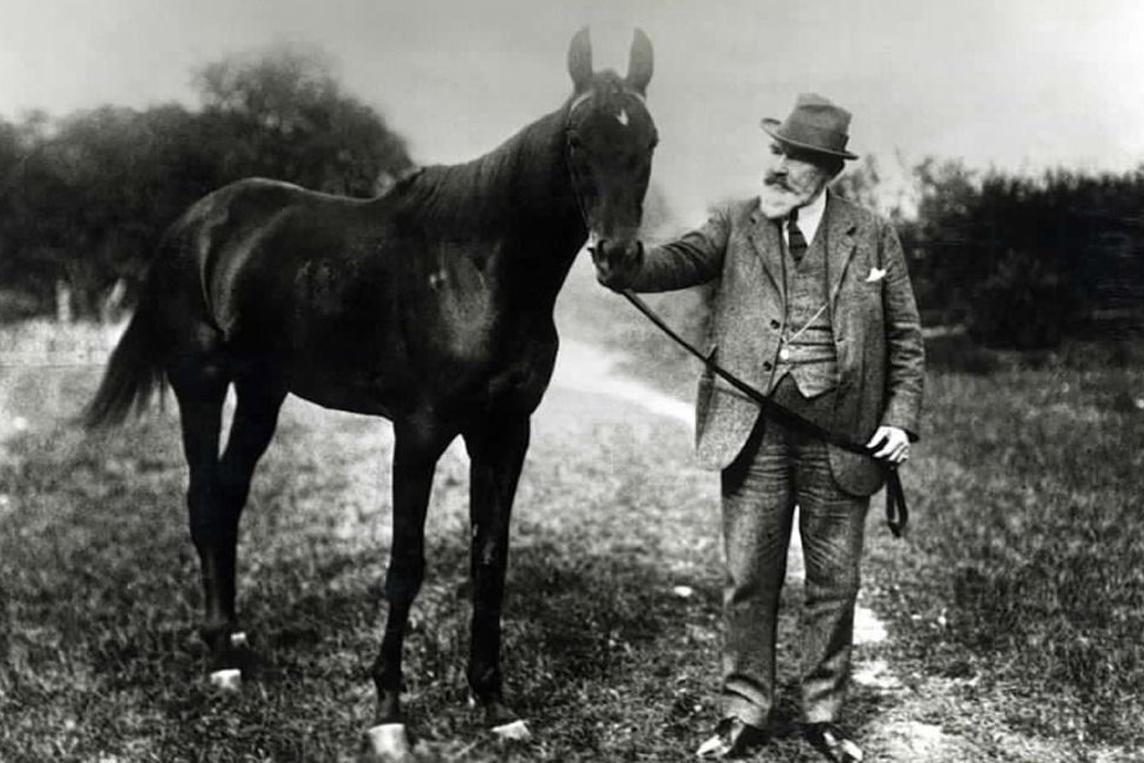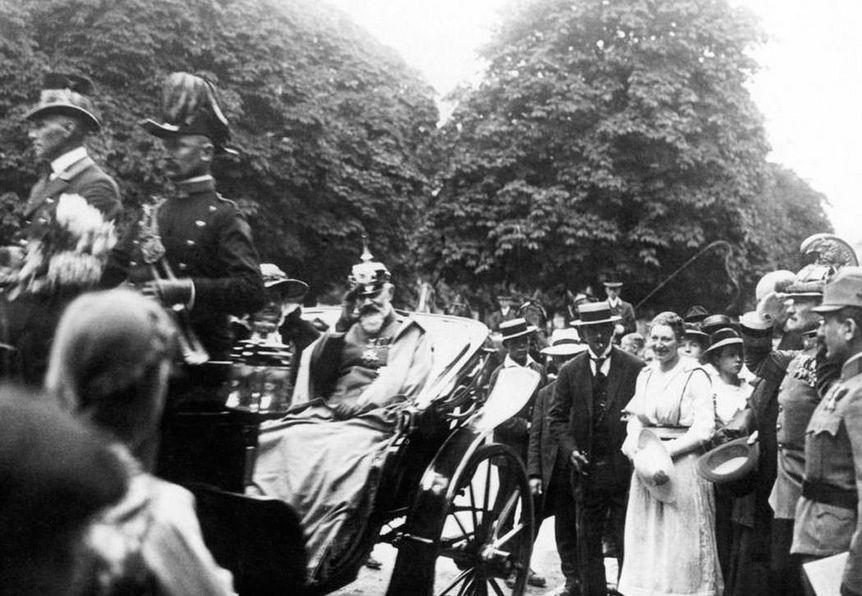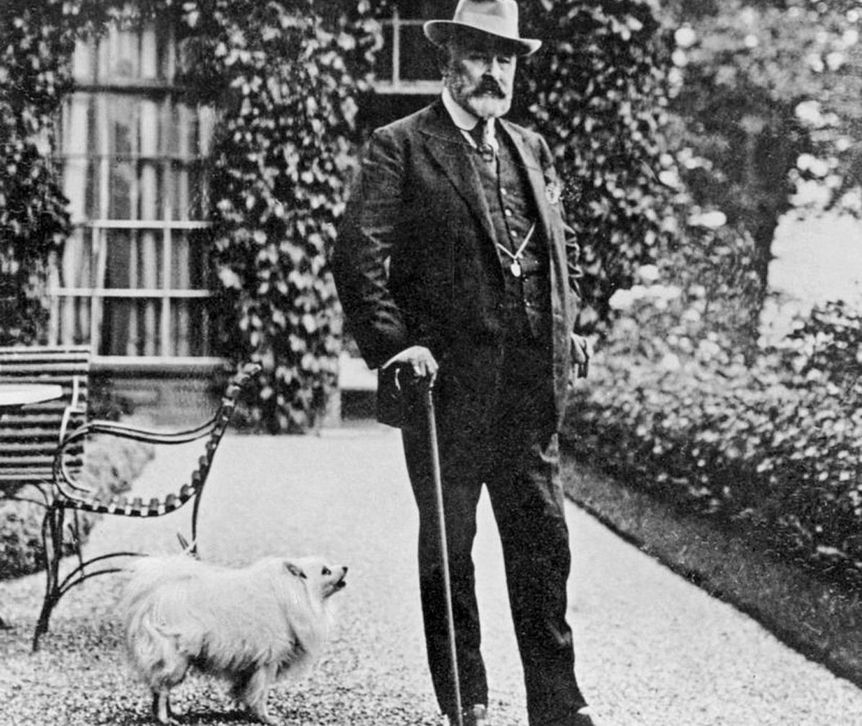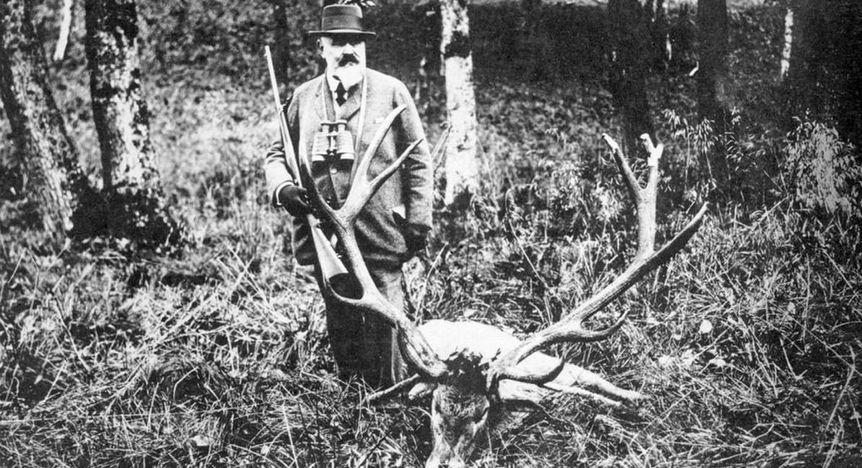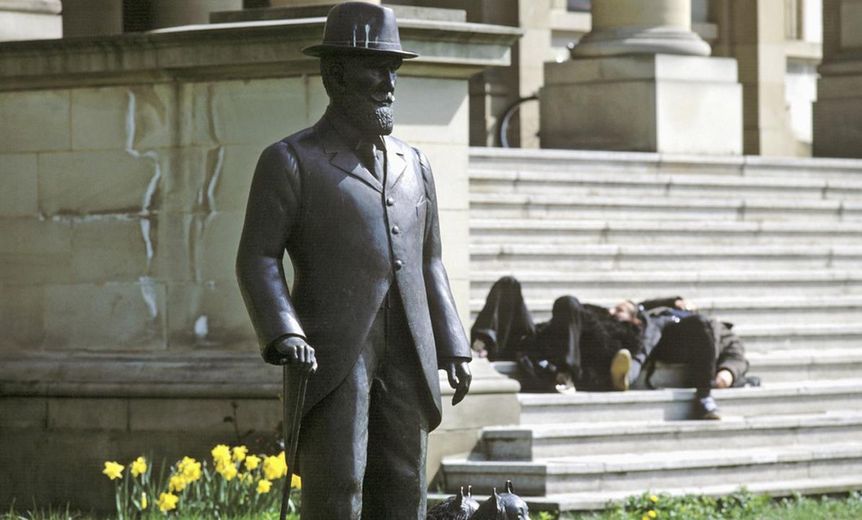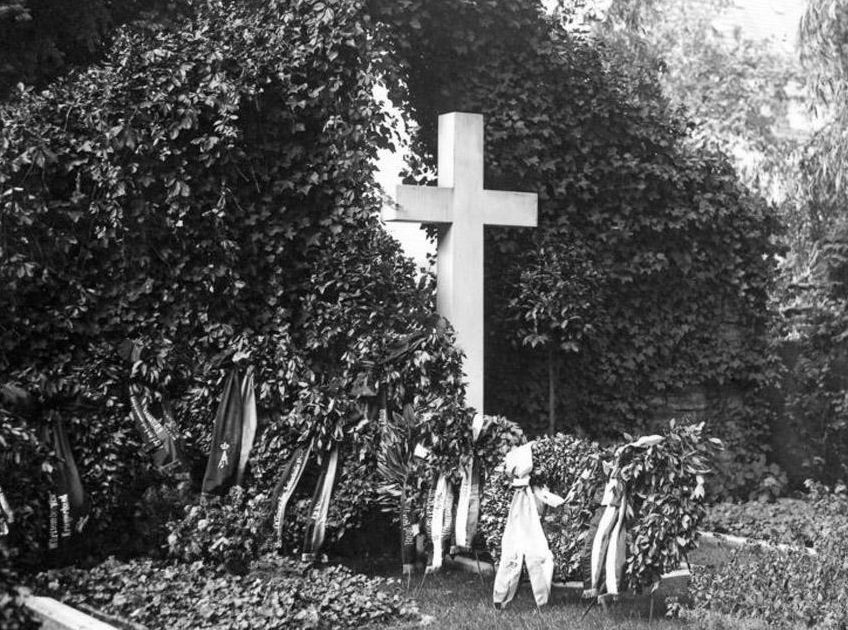A king close to his peopleWilhelm II von Württemberg
Intelligence and education, conscientiousness and modesty, and even a friendly closeness to his subjects: King Wilhelm II (1848–1921) was a modern ruler, interested in the developments of his time. He saw himself as a citizen among citizens.



